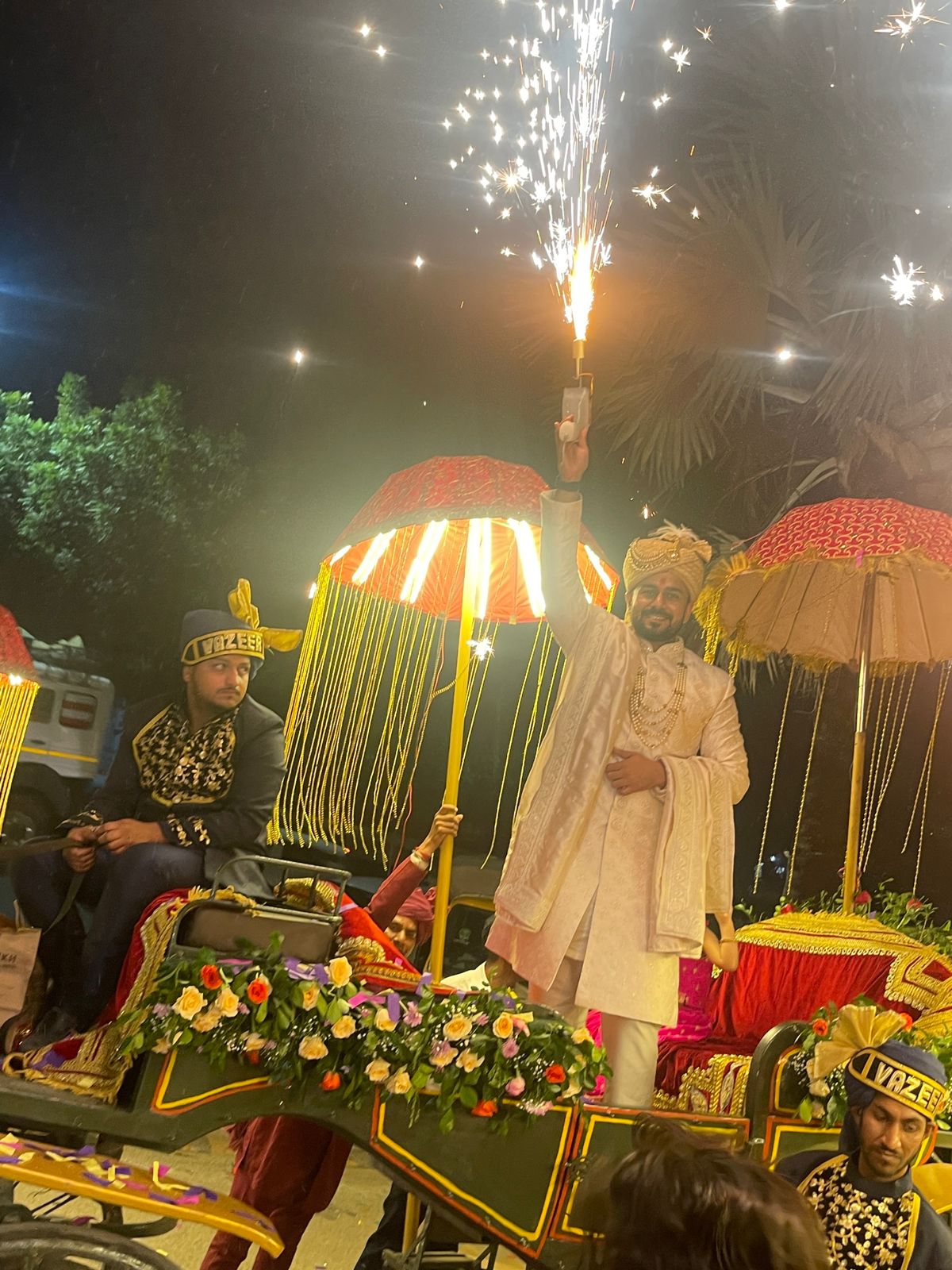Team lunches serve functions beyond providing meals during work hours, creating opportunities for colleagues to interact as individuals rather than purely in professional capacities. Our Gurgaon team visited Naivedyam, a South Indian restaurant, for a weekday lunch that deliberately focused on non-work conversation and personal connection. These structured social interactions address the relationship deficits that develop when workplace communication remains entirely transactional and task-focused. The choice of a weekday rather than weekend timing kept the event within work context while signaling that relationship-building qualifies as legitimate use of work time. South Indian food provided a culturally familiar option that accommodated most dietary preferences without requiring extensive coordination about restaurant selection. The lunch achieved its intended purpose of allowing team members to learn about each other's interests, backgrounds, and perspectives outside the narrow band of information relevant to project execution and professional responsibilities.
Naivedyam operates as a mid-range South Indian restaurant in Gurgaon, offering traditional dishes from Tamil Nadu, Karnataka, and Kerala in a casual dining environment. The menu includes standard items like dosas, idlis, and thalis alongside regional specialties that provide variety beyond the limited South Indian options typically available in North Indian cities. The restaurant occupies a middle ground between quick-service establishments and formal dining venues, making it appropriate for professional gatherings where the focus should remain on conversation rather than elaborate food experiences. Service moved efficiently without being rushed, allowing the meal to extend naturally without feeling either hurried or excessively prolonged. The food quality met expectations for competent execution of familiar dishes rather than attempting innovative interpretations, which suited the purpose of providing satisfying meals that could fade into background while conversation took priority. Pricing fell within reasonable ranges for corporate expense reimbursement without requiring budget discussions or cost-consciousness that might constrain ordering.
The conversation structure during lunch followed predictable patterns common to workplace social events, starting with safe topics before gradually moving toward more personal territory. Initial discussion covered recent movies, web series, and other entertainment consumption patterns, allowing people to discover shared interests or recommend content to colleagues. This transitioned into discussion of hobbies and weekend activities, where genuine differences in how team members spend discretionary time became apparent. Some colleagues described elaborate cooking projects or fitness routines while others acknowledged spending most free time on passive entertainment consumption without particular hobbies. These admissions of relatively unstructured personal lives carried mild vulnerability that broke down the carefully curated professional personas everyone maintains during work interactions. The conversation eventually reached family situations, hometown backgrounds, and longer-term personal goals beyond immediate career objectives. None of these discussions involved dramatic revelations or intimate disclosures, but the cumulative effect created a more complete picture of colleagues as multidimensional people rather than simply functional roles within project teams.
The value of these connection-building exercises lies primarily in improved working relationships rather than direct productivity gains. Understanding that a colleague has young children at home provides context for their scheduling constraints and preference for focused morning work hours before family obligations increase. Knowing someone's hometown and educational background helps interpret their communication style and professional reference points. Discovering shared interests creates informal common ground that makes routine work interactions slightly warmer and more personable. These marginal improvements in interpersonal comfort accumulate over time to create psychologically safer team environments where people feel more willing to ask questions, admit confusion, or propose unconventional ideas without fear of judgment. The relationship foundation built during team lunches cannot be directly quantified or linked to specific business outcomes, but organizations that neglect this dimension of team functioning often experience higher turnover and reduced collaboration effectiveness compared to those that deliberately invest in relationship-building.
The challenge with team social events involves balancing their relationship-building benefits against their costs and the risk that mandatory socializing feels burdensome rather than enjoyable. Some team members genuinely appreciate opportunities to connect with colleagues outside pure work contexts and would seek such interactions independently if not formally organized. Others view workplace relationships as purely functional and prefer to minimize personal disclosure or social time with coworkers beyond what strict job performance requires. Mandatory attendance at social events creates resentment among people in the latter category while making the events feel less authentic for everyone due to mixed enthusiasm levels. The weekday lunch format partially addresses this by keeping the time commitment limited and occurring during work hours rather than encroaching on personal time. However, some individuals still experience such events as obligations rather than benefits, sitting through conversations they find uninteresting while waiting for socially acceptable departure timing. The lunch at Naivedyam worked reasonably well because participation was technically voluntary though implicitly expected, duration remained contained within normal lunch period extension, and conversation topics stayed within comfortable bounds rather than demanding inappropriate personal disclosure. The event succeeded in its modest goals of providing team members opportunities to see each other as complete people rather than just functional roles, which incrementally strengthens working relationships without creating dramatic transformation. Whether such events justify their costs in terms of time and coordination effort depends on team composition and existing relationship quality, with benefits likely higher for newly formed teams or those experiencing collaboration difficulties compared to established teams with already strong interpersonal connections.

